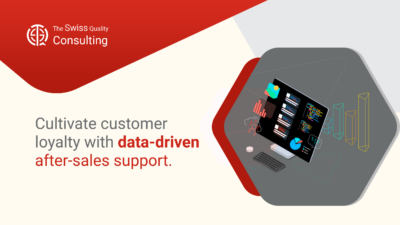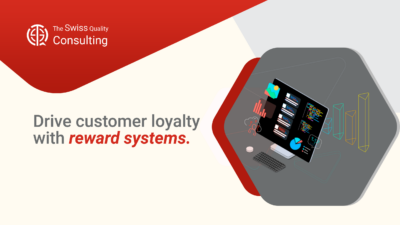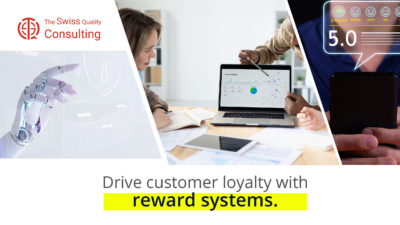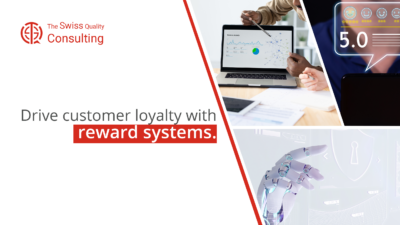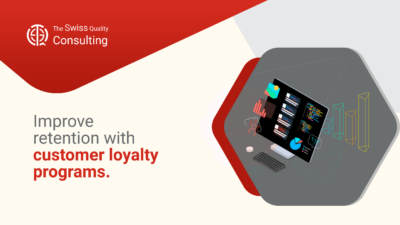Enhancing Customer Engagement through Data-Driven Support Strategies
Introduction
In today’s competitive business environment, cultivating customer loyalty with data-driven after-sales support is key to sustaining long-term business success. This article is designed to provide business executives, mid-level managers, and entrepreneurs with insights into how leveraging data in after-sales support can enhance customer loyalty and satisfaction.
The Critical Role of After-Sales Support in Customer Retention: Cultivating Customer Loyalty with Data-Driven After-Sales Support Strategies
After-sales support, often relegated to a reactive role of addressing customer issues, has evolved into a strategic imperative, transcending mere problem resolution to become a cornerstone of the customer journey. It encompasses a holistic approach to nurturing customer relationships, fostering loyalty, and ultimately driving business growth. By extending beyond the initial purchase transaction, after-sales support provides businesses with a continuous touchpoint to interact with customers, gather valuable feedback, and demonstrate their commitment to customer satisfaction.
Data-driven strategies have emerged as a transformative force in after-sales support, enabling businesses to harness the power of information to gain deeper insights into customer needs, preferences, and pain points. By analyzing customer interactions, support tickets, and feedback surveys, businesses can identify patterns, uncover trends, and develop personalized solutions that address the specific needs of individual customers. This data-driven approach empowers businesses to:
Proactive Issue Resolution: Anticipate potential customer issues by analyzing historical data and identifying common trends, enabling proactive interventions and reducing the frequency of recurring problems.
Personalized Support: Tailor support interactions to the specific needs and preferences of individual customers, providing a more personalized and engaging experience that fosters trust and loyalty.
Knowledge Base Optimization: Continuously refine and update knowledge bases with insights from customer interactions, ensuring that support staff has access to the most up-to-date information and can provide accurate and timely assistance.
Product Improvement: Identify areas for product improvement based on customer feedback, ensuring that products and services continuously evolve to meet customer expectations and address their evolving needs.
Competitive Advantage: Gain a competitive edge by providing exceptional after-sales support that exceeds customer expectations, differentiating the business from its competitors and attracting and retaining valuable customers.
In essence, data-driven after-sales support is not merely about resolving issues; it’s about building relationships, enhancing customer satisfaction, and driving long-term growth. By harnessing the power of information, businesses can gain a deeper understanding of their customers, provide personalized solutions, and create a seamless and positive customer experience that extends beyond the initial purchase, fostering lasting loyalty and contributing to the sustainable success of the organization.
Building Lasting Relationships Through Personalized Support
Utilizing customer data to personalize after-sales interactions can significantly strengthen the relationship between the business and its customers, fostering loyalty and trust.
Role in Change Management
Implementing data-driven after-sales support is an essential component of change management. As customer expectations evolve, businesses must adapt their support strategies to meet these changing needs effectively.
Adapting to Customer Expectations with Data Insights
Data insights enable businesses to understand and anticipate changing customer preferences, allowing them to adjust their after-sales support strategies accordingly.
Impact on Executive Coaching and Leadership
Leadership is critical in the successful implementation of data-driven after-sales support. Executive coaching services now focus on training leaders to use data analytics for enhancing customer support and cultivating loyalty.
Leading with a Customer-Centric Approach
Executive coaching equips leaders with the skills to analyze customer data and integrate these insights into creating more effective after-sales support strategies.
Effective Communication in After-Sales Support
Effective communication is key to maximizing the benefits of data-driven after-sales support. Ensuring that support teams communicate the right information at the right time to customers is essential for satisfaction and loyalty.
Enhancing Customer Experience with Targeted Communication
Targeted communication, based on customer data, ensures that after-sales support is relevant, timely, and effective, enhancing the overall customer experience.
Generative AI in Optimizing After-Sales Support
Generative Artificial Intelligence (AI) is playing a significant role in optimizing after-sales support. AI can analyze customer data, identify patterns, and suggest personalized support strategies.
Advancing Customer Support with AI-Driven Solutions
Generative AI offers innovative solutions for after-sales support, making it more efficient, personalized, and aligned with customer expectations.
Conclusion
In conclusion, cultivating customer loyalty with data-driven after-sales support is crucial for businesses seeking to enhance customer relationships and ensure long-term success. By leveraging data and advanced technologies like AI, companies can provide superior after-sales service that not only solves problems but also builds loyalty and trust.
#CustomerLoyalty, #AfterSalesSupport, #DataDrivenStrategy, #AIinCustomerService, #BusinessGrowth


